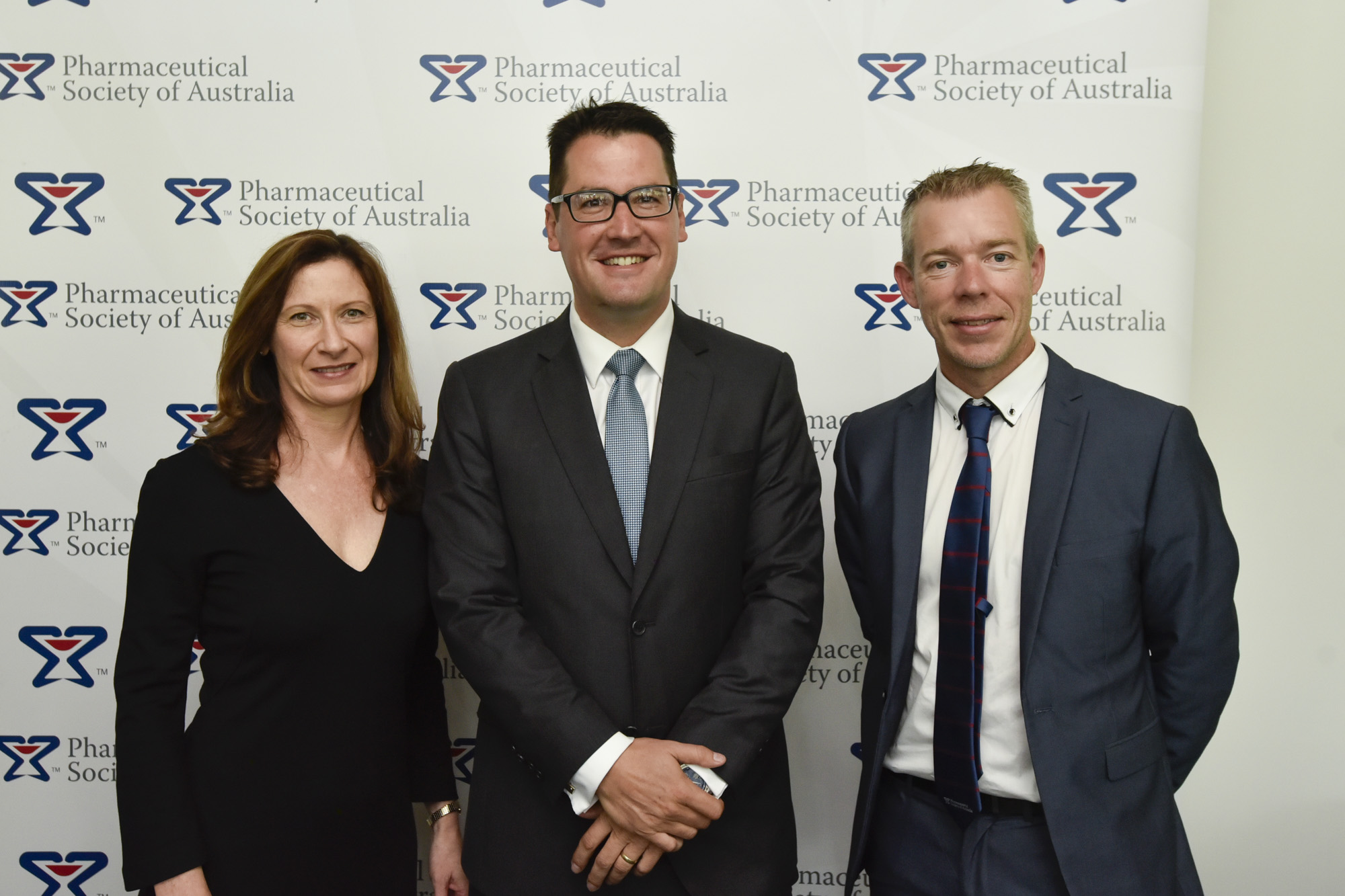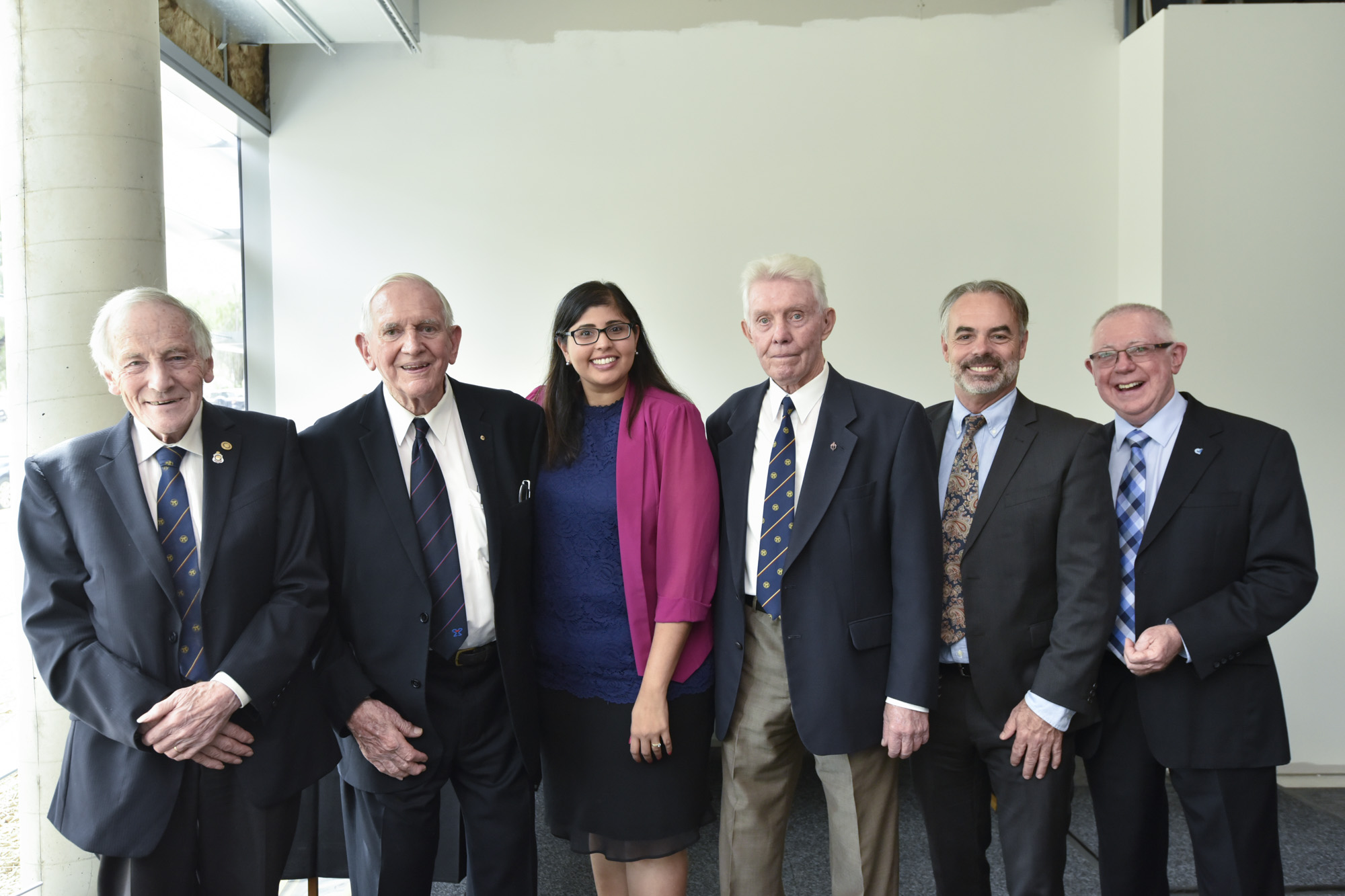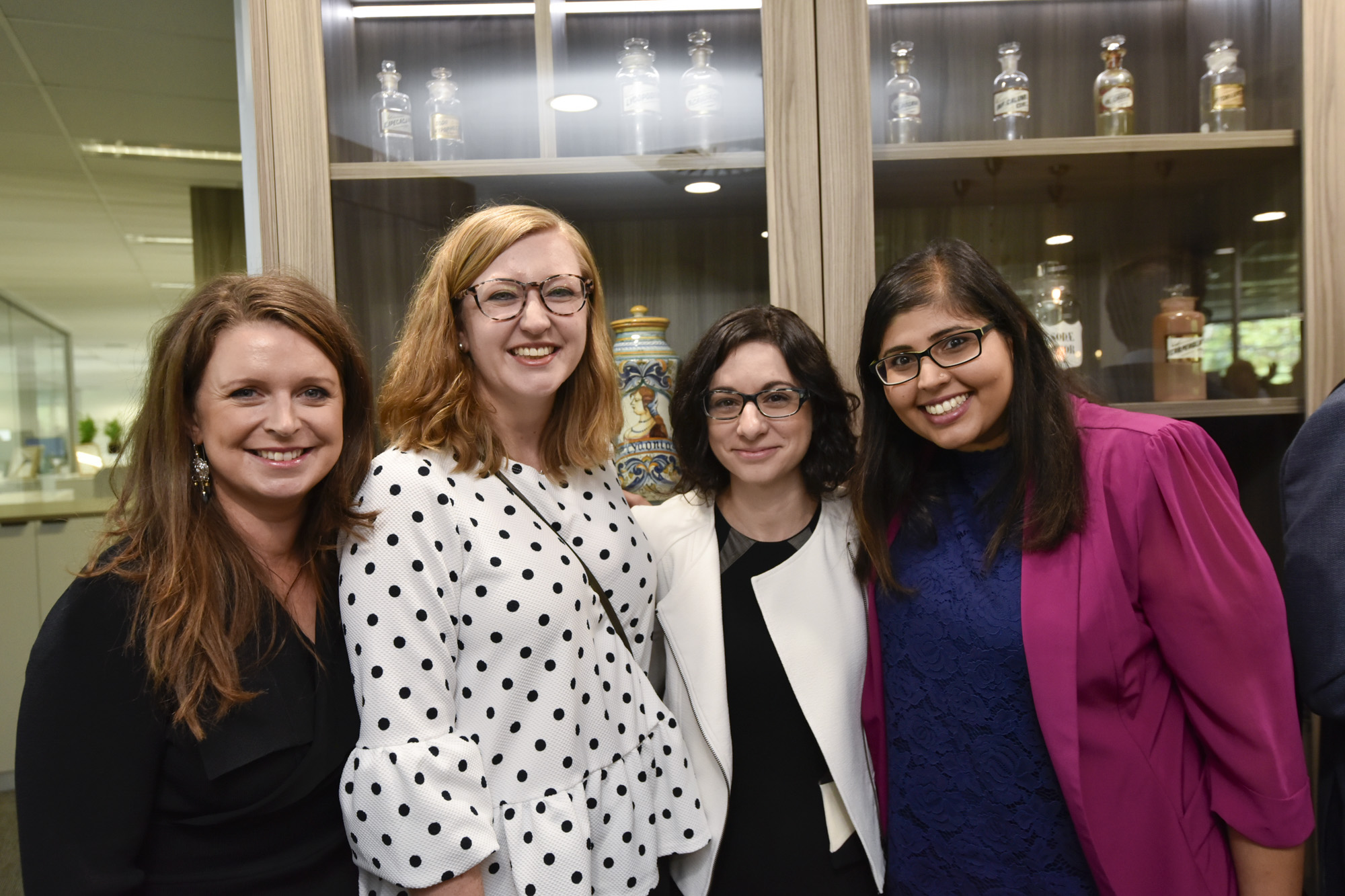Australian laws requiring use of paper documents prevent new technological solutions that could inhibit prescription fraud.
That’s the diagnosis of Dr Tal Rapke, chief executive of an Australian blockchain script service who, during an interview with the Australian Pharmacist, described the legislative requirements as ‘embarrassing’ and an administrative burden for pharmacists and other health professionals.
Although the startup, ScalaMed, is currently running trials in three Australian locations, an inability to go fully paperless locally mean its efforts are being focused on the US, where it was the only Australian company accepted into this year’s digital accelerator program at the Texas Medical Center. The details of clinical trials of this nature are commonly posted to the clinical trials government website in the US.
‘The experience of paper in the healthcare system is annoying,’ Dr Rapke said.
‘For digital natives particularly, the use of paper is quite difficult for a whole lot of reasons – you can lose paper, you can damage paper, and paper can be quite easily defrauded.
‘If you actually look at the way pharmacies work today, for the most part, they don’t even use paper, all they do is clog up their store rooms with paper that gets randomly audited for administrative purposes rather than adding value to patients.’
Dr Rapke, a former pharmaceutical executive, said the use of blockchain technology could also prevent patients from tampering with prescriptions to increase the dosage or change the name of the intended recipient.
Blockchain is a continuously growing list of records, called blocks, which are linked and secured using cryptography. By design they are inherently resistant to modification of the data they contain making them ideal for electronic prescription use.
‘It’s much easier to add a zero onto the medicine you’re prescribed, or rub out a name or to print something onto a piece of paper than it is to take a blockchain and modify it,’ he said.
‘We’re firm believers in trying to create a system where patients are put at less risk because they don’t have access to the ability to change the script. It makes it easier for pharmacists to trust in the prescription they’ve received.’
While paper scripts are a legal requirement, ScalaMed and Holdsworth House Medical Practice, have established a trial to explore whether empowering consumers with their digital prescriptions in a digital format through a blockchain-based method of storing and accessing their data, will improve the flow of clinically important information, patient adherence and efficiency within the healthcare system.
‘Currently we’re restricted [to a limited number of sites] because of the requirements for paper,’ Dr Rapke said.
He added that unlike traditional centralised data repositories, blockchain uses a decentralised model, which is less attractive to hackers.
More on the trial can be read here.














 PSA Chief Operating Officer Deb Bowden, Senator Zed Seselja and PSA National President Dr Shane Jackson.[/caption]
PSA Chief Operating Officer Deb Bowden, Senator Zed Seselja and PSA National President Dr Shane Jackson.[/caption]





 [post_title] => New Pharmacy House opens
[post_excerpt] =>
[post_status] => publish
[comment_status] => open
[ping_status] => open
[post_password] =>
[post_name] => new-pharmacy-house-opens
[to_ping] =>
[pinged] =>
[post_modified] => 2018-04-05 12:33:52
[post_modified_gmt] => 2018-04-05 02:33:52
[post_content_filtered] =>
[post_parent] => 0
[guid] => http://psa.studionerve.com/?p=1231
[menu_order] => 0
[post_type] => post
[post_mime_type] =>
[comment_count] => 0
[filter] => raw
)
[title_attribute] => New Pharmacy House opens
[title] => New Pharmacy House opens
[href] => http://psa.studionerve.com/new-pharmacy-house-opens/
[module_atts:td_module:private] => Array
(
)
[td_review:protected] => Array
(
)
[is_review:protected] =>
[post_thumb_id:protected] => 1239
)
[post_title] => New Pharmacy House opens
[post_excerpt] =>
[post_status] => publish
[comment_status] => open
[ping_status] => open
[post_password] =>
[post_name] => new-pharmacy-house-opens
[to_ping] =>
[pinged] =>
[post_modified] => 2018-04-05 12:33:52
[post_modified_gmt] => 2018-04-05 02:33:52
[post_content_filtered] =>
[post_parent] => 0
[guid] => http://psa.studionerve.com/?p=1231
[menu_order] => 0
[post_type] => post
[post_mime_type] =>
[comment_count] => 0
[filter] => raw
)
[title_attribute] => New Pharmacy House opens
[title] => New Pharmacy House opens
[href] => http://psa.studionerve.com/new-pharmacy-house-opens/
[module_atts:td_module:private] => Array
(
)
[td_review:protected] => Array
(
)
[is_review:protected] =>
[post_thumb_id:protected] => 1239
)











